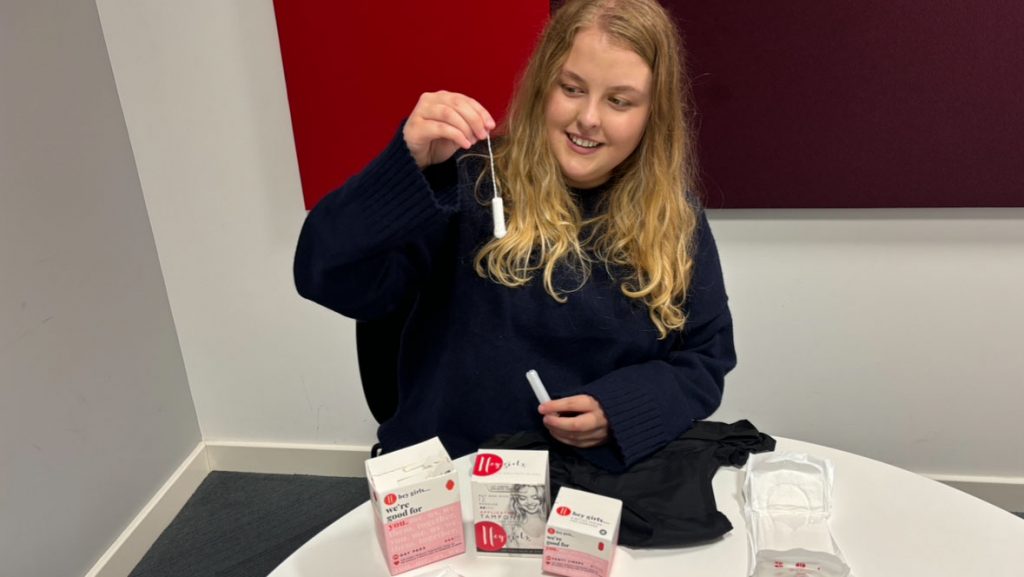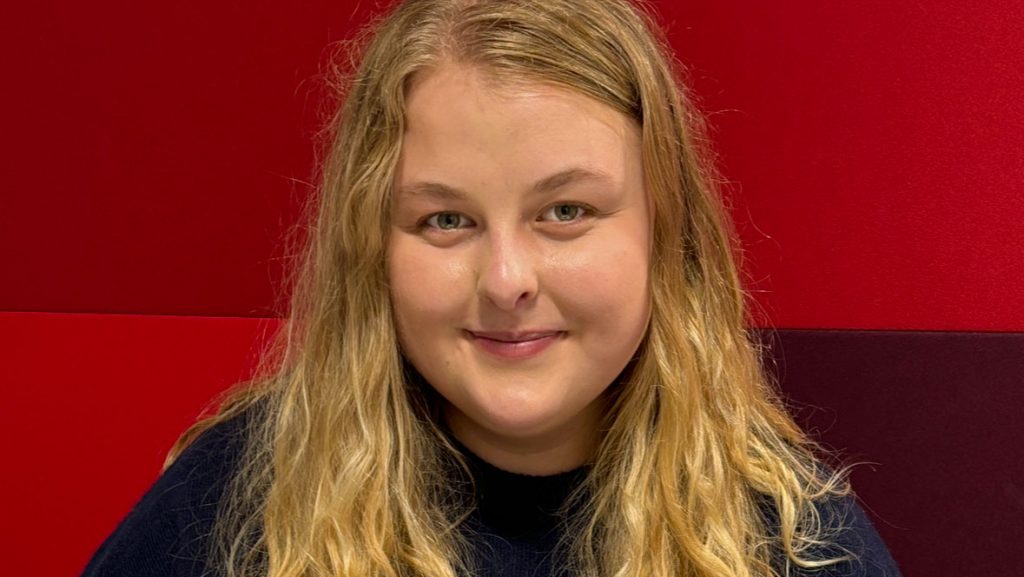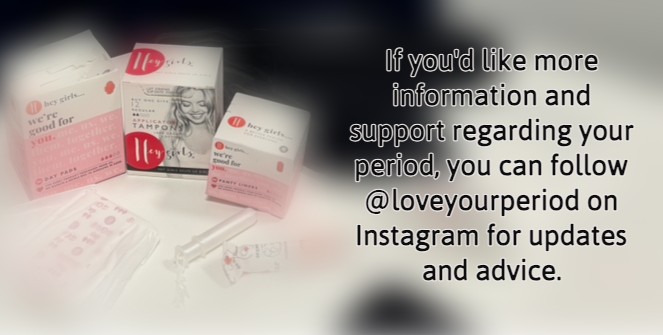Award-winning women’s health activist, Molly Fenton, talks about expressing her views and fighting for change

When Molly Fenton speaks, two things become clear: she is incredibly well-spoken and she is not afraid to share what’s on her mind. While she admits some subjects are not appropriate for her to talk about, she also explains that no subject should be avoided.
The inspirational 22-year-old from Cardiff has established her own space within women’s health activism, speaking on the issues she feels connected to and breaking down barriers that make women’s health concerns seem taboo.
She began advocating for women’s health at the age of 13, but it was the Love Your Period campaign she created with her sister Tilly when she was 16 that gave her the reputation of a respectable activist.
“I think I have a lot of respect and my name is seen quite highly across Wales and part of the UK,” she says.
The Love Your Period campaign she created nearly six years ago has achieved its goals of better educating people on periods and removing some of the stigma around menstruation. Yet, Fenton feels like much more can be done.
“This is bigger than just a period,” she says. “Having that education and mutual understanding for all genders is really important so we’re looking at this on a deeper level now.”

Where is she setting her sights?
While Fenton has passionately advocated for women’s health for nine years, she has found that she has had to redirect her focus a number of times.
“Right at the beginning, when I started my period campaign, I decided that the goal was going to be education around periods for everyone in schools as well as resources for those of us that left school and didn’t get that education,” she says.
“Then I realised that actually we know this is a bigger issue when we saw that pupils were taking products home for their whole families and still struggling,” she says.
She says that her goals have changed as she has found more underlying issues and “gotten deeper,” into the women’s activism space.
For her, health issues surrounding hormones need extra attention and so this is an area she focuses on. This is especially important to her given the fact that she has an inoperable brain tumour that was diagnosed through hormonal changes.
“Hormones don’t equal sex and reproduction,” she says. “Hormones are a whole body issue.”
Listen to the following clip to hear what Fenton had to say about how we should understand hormones:
Respecting other spaces
While Fenton has highlighted many health issues, she also wants to remind people that she cannot do everything and there are health issues she cannot comment on.
Everyone’s got a voice. For some, it’s not safe for them to use it
“We need to take away the idea, I think, of us having to go in and save everyone. If I don’t have any experience, I can’t be there on an empathetic level,” she says.
Fenton says it would be inappropriate for her to speak on another person’s behalf if she hasn’t experienced their issues and that there are plenty of people who can speak, they just need safer spaces to speak in.
“Everyone’s got a voice. For some, it’s not safe for them to use it and we need to facilitate a safe space for them,” she says.
She says it is important to start helping those who might face hostility and “safeguarding issues,” for trying to establish their own space within women’s health activism.
She adds that she worries about hateful comments from prominent public figures and with many celebrating Human Rights Day on 10 December, it raises the question of who is recognised in policies and legislation.
She says “people that don’t identify as women do have periods and that is a fact. You can’t argue it so we have to put stuff in place.”

